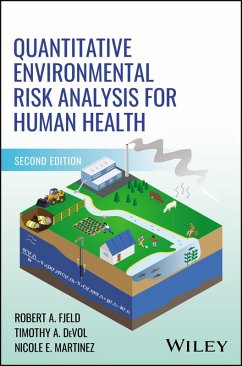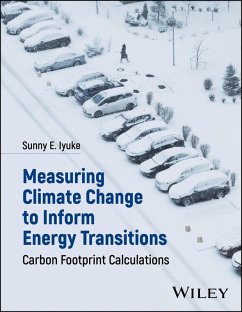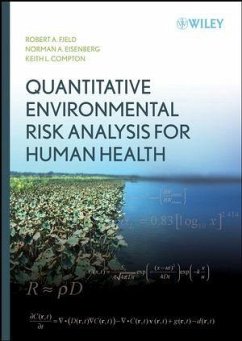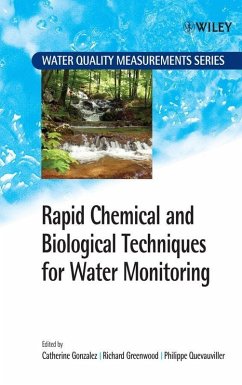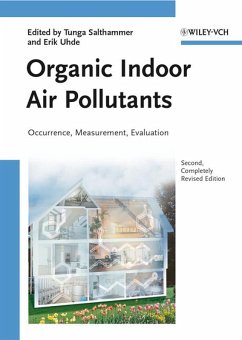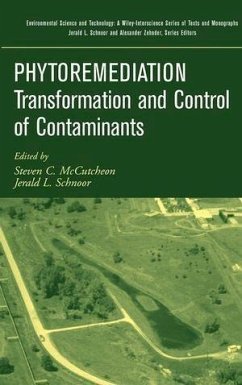
Polymers (eBook, PDF)
The Environment and Sustainable Development
Versandkostenfrei!
Sofort per Download lieferbar
66,99 €
inkl. MwSt.
Weitere Ausgaben:

PAYBACK Punkte
0 °P sammeln!
* Timely information on the environmental impact of polymer recycling. * Ample sample questions and answers in chapters. * Provides material on the economics and legislation of recycling, and on LCA. * Examines the advantages and disadvantages of polymer recycling.
Dieser Download kann aus rechtlichen Gründen nur mit Rechnungsadresse in D ausgeliefert werden.




